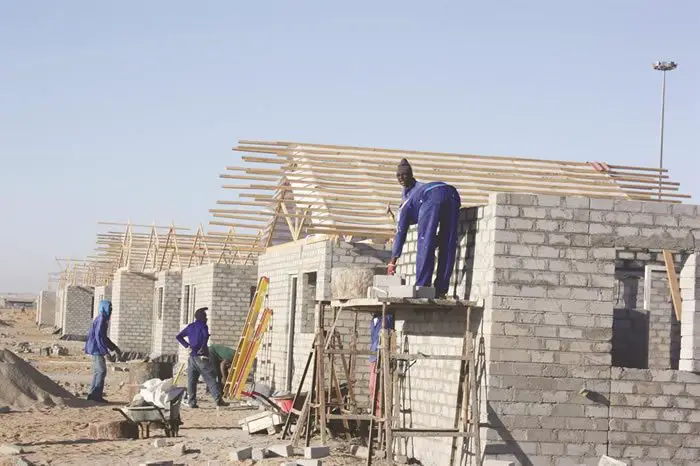The government of Nigeria has announced plans to finance construction of 2500 affordable housing units in Bauchi State. Federal Ministry of Finance signed a memorandum of understanding with the Family Home Fund (FHF), the corporate handing the development.
Minister of State, Works and Housing Abubakar Aliyu said that his administration decided to support the project to address accommodation problem in the state and the Federal Government’s target is to cut the 20 million housing deficit in the country by 2033.
Also Read: UNOPS 100,000 housing project kicks off at Amasaman in Ghana
Affordable housing units
“The issue of housing cannot be over emphasized due to the importance of it to humanity and we as a government wants to let the people know that we are committed to ensure decent houses are provided and accommodated by our people and Nigerians from far and near,” said Abubakar.
The housing project will be executed across the six emirate councils. According to the United Nations, Nigeria stands at a 180 million population with an annual growth rate of 3% as of 2015 and an urban population growth rate of 5%. Data from the World Bank and the National Bureau of Statistics states that there is a 17 million housing deficit in Nigeria.Globally, 1.6 billion people live in sub standard housing according to UN statistics. In Nigeria, over 100 million of its 180 million citizens live in substandard housing.
Currently, about 3,000 to 6,000 affordable housing are under construction in Nigeria with 1,400 houses in Nassarawa. Mr. Adeyemi Dipeolu, the Special Adviser to the President on Economic said that with hope of Nigerians accessing the housing units under the affordability index, the the Ministry of Power, Works and Housing has managed to complete more than 2,000 houses in 72 units across Nigeria.
FHF is a Nigerian government initiative set up last year as a partnership between the Federal Ministry of Finance and the Nigerian Sovereign Investment Authority as founding shareholders to provide affordable housing for millions of Nigerians in low to medium-income groups.

